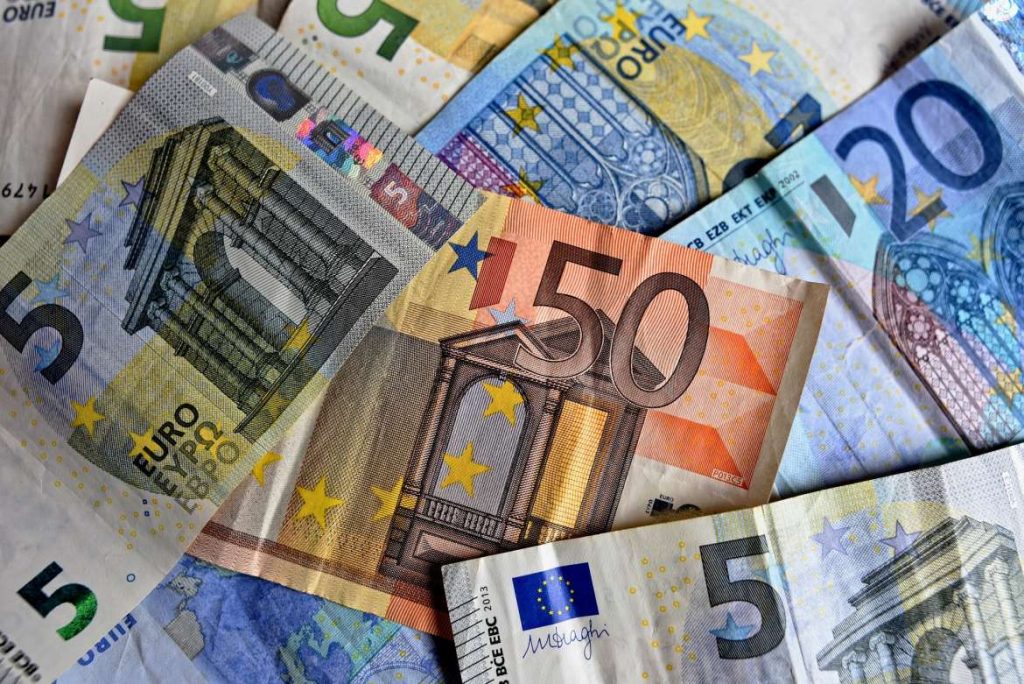Marić made the statement at a conference of economists in Opatija, speaking online from home where he is isolating after testing positive for COVID-19.
Croatia is meeting the majority of the criteria. It is among the countries in which the public debt to GDP ratio is expected to fall over the next three years, while the ratio is expected to rise in more than half of the EU member states, the finance minister said.
Speaking of the euro changeover process, he said that the views of citizens that the adoption of the common currency might affect the inflation rate and trigger price hikes should not be ignored.
In the countries that introduced the euro last, the adoption of the common currency had a one-off effect on price increases. In the process of euro adoption in Croatia, it is very important to keep people informed of all aspects of this process, he stressed.
To protect consumers, the kuna will be converted at a fixed exchange rate and any costs that may arise will be covered by financial institutions. This will also apply to the conversion of loans, Marić said. Five months before the adoption, prices will be displayed both in kuna and in euro, and after the adoption, it will be possible to pay in kuna for another two weeks, the finance minister explained.
Marić reiterated that the government expected real GDP to reach its pre-pandemic levels by the end of this year. Inflation is expected to flatten out and prices of raw materials, energy and goods are expected to fall, he said.











